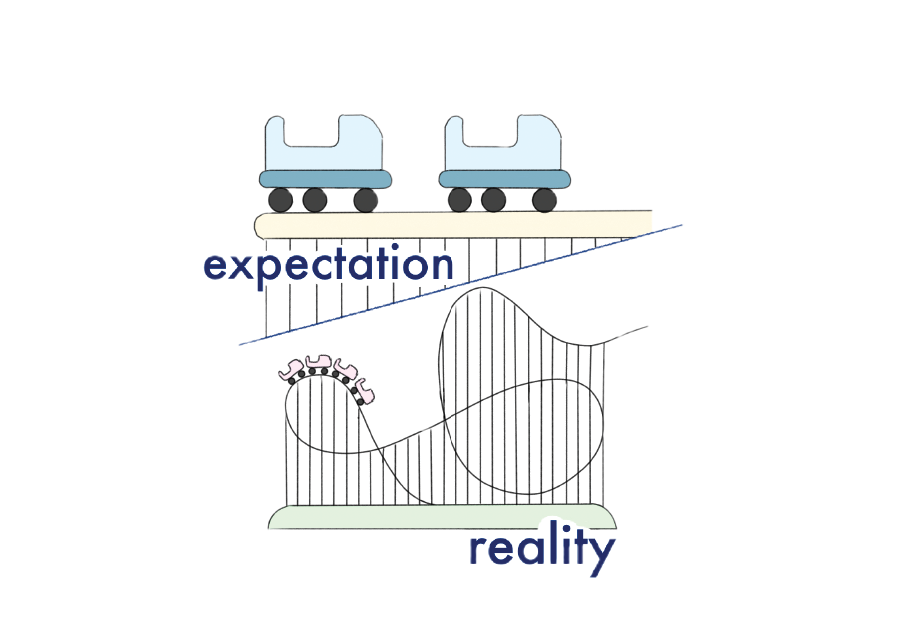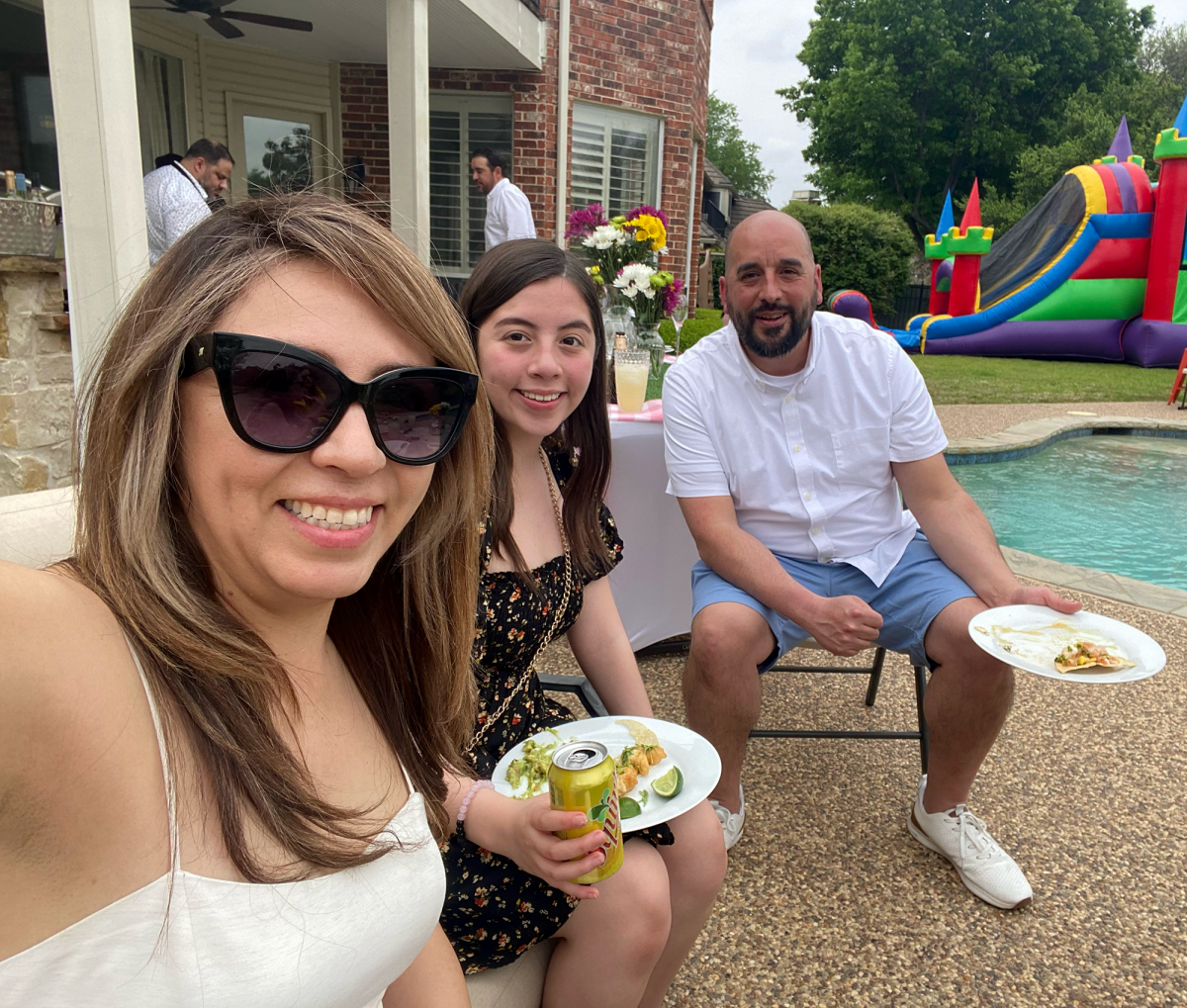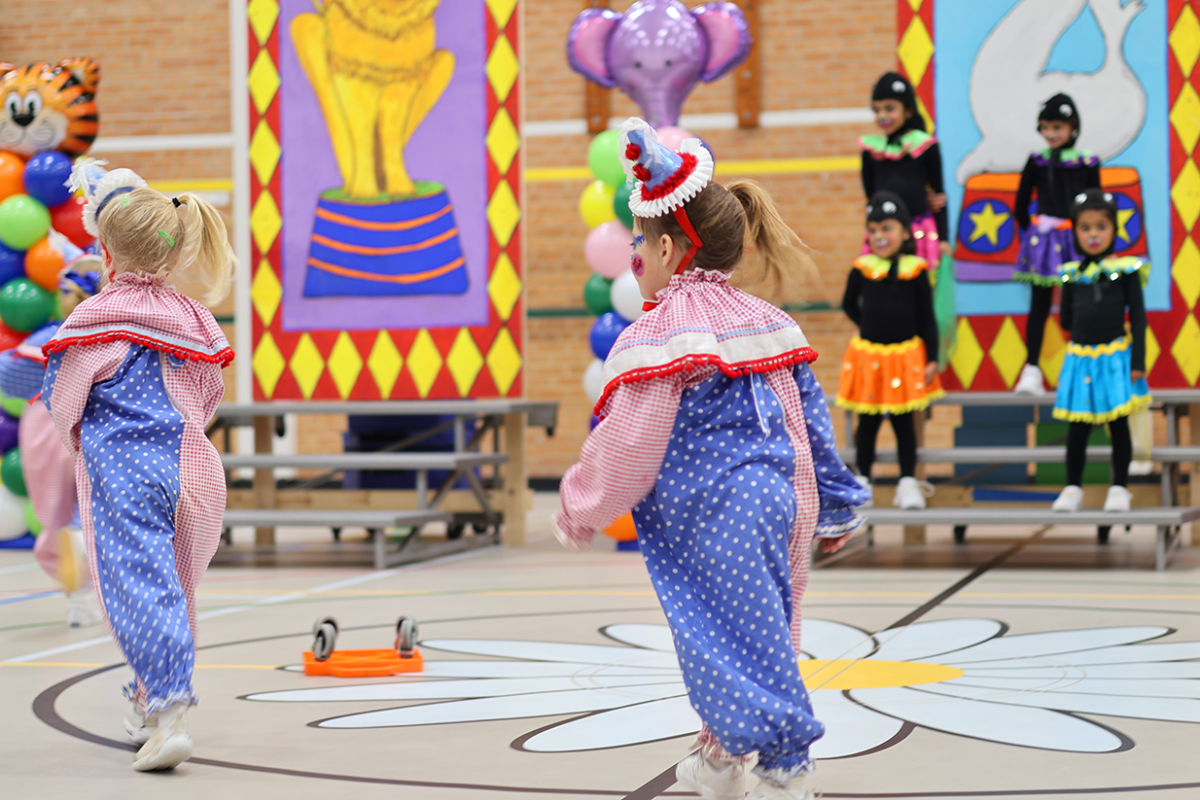Walk through the Hocka-Halls at any time of the day, and the picture is the same: teenagers with AirPods wedged firmly in their ears, phones clutched in hand and eyes locked on glowing screens. The school’s recent cell phone policies, enforced by teachers in the hallways, have little effect. Even in spaces meant for connection, like bustling hallways, family dinners or a Saturday trip to the mall, many of the people I see never seem fully present.
We live in a generation where multitasking between people and technology has become the norm, but this refusal to unplug is slowly hampering the quality of our relationships and our ability to pay attention to the world around us.
I can’t count how many times I’ve had to nudge someone who stopped suddenly on the stairs because they were too busy scrolling TikTok or distracted by something only they could hear. These interruptions may seem like small inconveniences, but they symbolize a larger issue: a lack of awareness and engagement with our immediate surroundings. When we are absorbed in what’s happening on a screen or in our ears, we are often blind to what’s unfolding right in front of us, which has implications beyond stairway traffic jams.
This culture of distraction also affects relationships. I’ve seen friends out together at the mall, sitting shoulder to shoulder, but only half-listening as one person talks while the other steals glances at a notification.
I’ve seen family dinners where conversation trails off because the speaker focuses their attention on their phone. Technology has given us unprecedented access to entertainment and information, allowing us to communicate without challenging ourselves with real conversation, making genuine connection more difficult. Listening is no longer about giving someone our full attention; it’s often just waiting for a pause so we can return to our devices.
The irony is that we celebrate technology as a tool for engaging with others. And it is. Social media lets us keep in touch with friends across the world. Music and podcasts can be comforting escapes during stressful days. But when these tools creep into every moment, even those meant for real human bonds, they transform from assets into barriers.
Constant stimulation makes any kind of silence uncomfortable. It teaches us to be “half here” all the time. The result? We are never bored, but we are also never truly engaged.
To be clear: I value technology. I love the way it can bring new ideas to life, connect us to global communities and spark creativity. The problem isn’t the tools themselves but our inability to put them down. We’ve reached a point where disconnecting feels unnatural and anxiety-inducing.
Yet being able to unplug, even briefly, is vital. Moments of boredom and stillness can fuel creativity, problem-solving and deeper thought, especially in younger children. Without this, we risk losing the ability to reflect, focus and truly connect.
As a generation, we face a choice. We can continue letting technology seep into every second of our day, or we can reclaim small pockets of presence. That might mean leaving AirPods in their case, turning phones face-down during meals or setting aside a daily hour with no screens at all. It doesn’t mean rejecting technology but rather recognizing its place. The world is happening in real time, and the people around us deserve more than just half of our attention.












